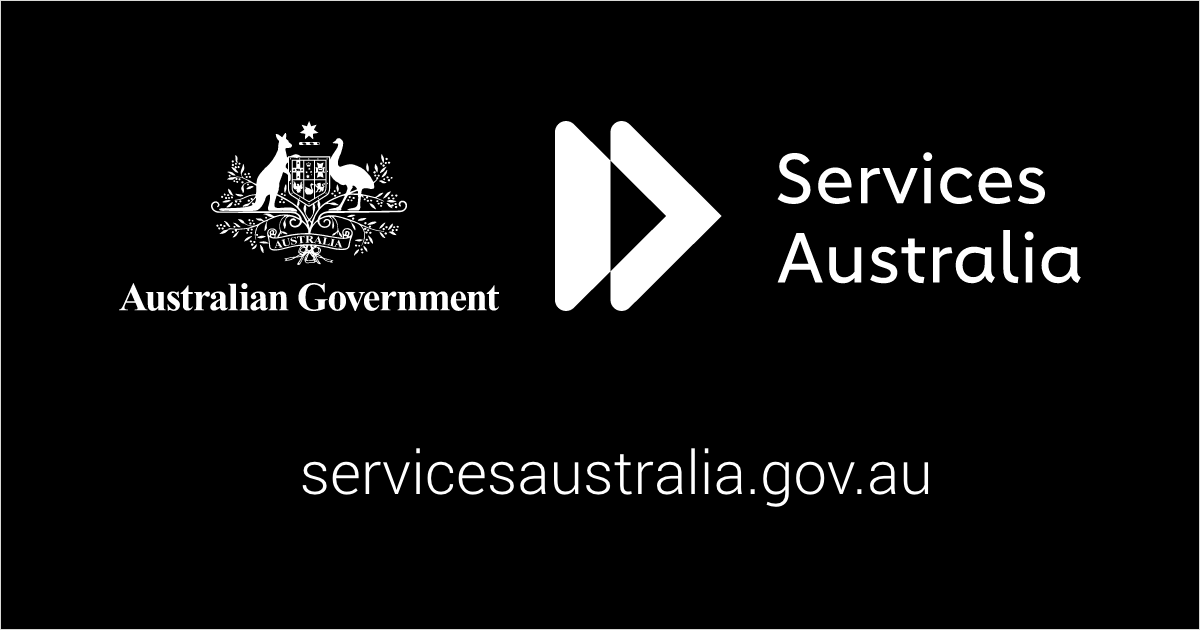Quickstatus
Enthusiast
- Joined
- Oct 13, 2013
- Posts
- 17,386
Should be ok these days with polymer money but point takenI suggest use of inert metal (Au)
Should be ok these days with polymer money but point takenI suggest use of inert metal (Au)

 theconversation.com
theconversation.com
But the farmers....So simple to restrict TSB to $3M (indexed)
Ay any time the TSB is above $3M the excess needs to withdrawn from super.
An orderly transition can be instituted - say over 3 years
The mechanism is already there - for example with excess super contributions
But the farmers....
And the pollies/judges with Defined Benefits...
But the farmers....
And the pollies/judges with Defined Benefits...
Also I'm sure there would be loud objections over concerns that there could be a sharp market crash immediately after withdrawing (though at least the benefits would have been crystallised at a high point in the market)
The balance can be easily made to mirror the residual of a normal superEither the balance is the residual of what has been left (possibly less than $3m) or considered 16x annual…in which case where is it?!
| (Investment Loan) | negative marginal |
| (Investment Loan in Super) | -15% |
| Capital gain on family home | 0% |
| Personal income up to $18.2K | 0% |
| Rent on neutrally/negatively geared property | 0% |
| Capital gains in Super Retirement Account | 0% |
| Rents/dividends in Super Retirement Account | 0% |
| Capital gains in Super Accumulation Account (current) | 10% (0% if never realised) |
| Rents/dividends in Super Accumulation Account (current) | 15% |
| Concessional Contributions to Super (income<$250k) | 15% |
| Residual Super at death to non-dependents (less non-concessional portion) | 15% |
| Portion of capital gains in Super Retirement Account with Balance>$3M (proposed) (I think) | 15% |
| Personal income $18.2-45K | 16-18% |
| Capital gains outside super | 22.5% (0% if never realised) |
| Business tax (turnover<$80M) | 25% |
| Capital gains in Super Accumulation Account for proportion TSB>$3M (proposed) | 25% (15% if never realised) |
| Business tax (turnover >$80M) | 30% |
| Rents/dividends in Super Accumulation Account for proportion TSB>$3M (proposed) | 30% |
| Concessional Super Contributions (income>$250k) | 30% |
| Personal Income $45-135K | 32% |
| Personal Income $135-190K | 39% |
| Personal Income >$190K | 47% |
| Rental Income less expenses from positively geared property | Marginal |
| Dividends outside Super | Marginal |
Centrelink provisions don’t care that much about how you spend your super. The moment it exits the super fund, my understanding is it’s “counted as an asset for the next 5 years unless it’s clearly documented as being spent on your home and furnishings or substantial personal expenses like overseas holidaysShould be ok these days with polymer money but point taken



Plus maybe cross threshold for Div 296perfect storm to get booted off Age Pension
I like Henry's proposition "Pension mode should not be tax-free...".I thought this was an interesting article

Tax concessions on super need a rethink. These proposals would bring much needed reform
The debate over taxing super balances above $3 million misses the point. Broader reforms are needed to make super sustainable in the long run.theconversation.com
Major downside in my view is that a whole lot of people would be affected by the 10% (or 7.5%) taxation in pension mode. Not that I think it is necessarily wrong, just that it would create an even bigger storm than the current one that affects very few
It also doesn't take into account Division 293 tax on high earners which already partially deals with the second section of the article
I guess the other view could be that we were taxed twice, once on our income, and once by the compulsory SG contributions of x%, leaving us with lower disposable incomes during those crucial years when trying to buy a house and start a family.I like Henry's proposition "Pension mode should not be tax-free...".
I'm old but I nevertheless think that tax should be based on income, not age. Yes we've all "paid our taxes" but that doesn't mean one is then entitled not to continue to equitably pay taxes, and reap the benefits like Medicare.
The counter argument would have been that the OAP was tax free so self funded super ought to be also. Otherwise, why would people do it and why punish people via mandatory SGL contributions?I like Henry's proposition "Pension mode should not be tax-free...".
I'm old but I nevertheless think that tax should be based on income, not age. Yes we've all "paid our taxes" but that doesn't mean one is then entitled not to continue to equitably pay taxes, and reap the benefits like Medicare.
Yes, but if you had received the "super" in your pay it would have been taxed at marginal rate not 15%. And the vast majority of thr super you draw down in retirement is due to capital growth on which you could have paid 0% (assuming you or your fund held onto that asset until retirement phase which you can definitely do in an SMSF, a bit more opaque in a external fund)I guess the other view could be that we were taxed twice, once on our income, and once by the compulsory SG contributions of x%, leaving us with lower disposable incomes during those crucial years when trying to buy a house...
Yes I could say I've paid my fair share off taxes at age 40.Yes we've all "paid our taxes
Yes I could say I've paid my fair share off taxes at age 40.
Mmm at "age 40". So you missed out on what I was paying in 1980s, 60%+medicare. Kids today haYes I could say I've paid my fair share off taxes at age 40.

